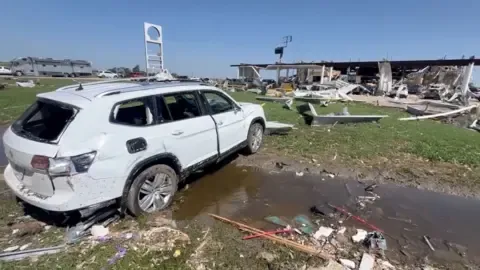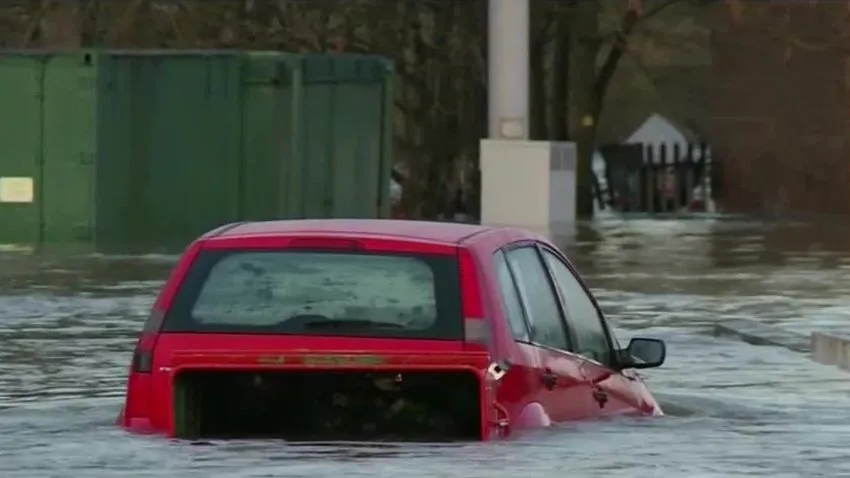Latin America is reeling from a year of unprecedented heat, floods, and drought, with devastating consequences for its people, economy, and environment. The World Meteorological Organization’s (WMO) latest report has highlighted the severity of the situation, describing it as the “greatest calorific loss” of any region.
The report notes that tens of thousands of people may have lost their lives due to climate-related disasters in 2023, with economic losses estimated at a staggering $21 billion. The study attributes the chaos to a combination of human-driven global heating and a natural El Niño effect.
The region has been particularly hard hit, with Brazil, Mexico, and the Caribbean experiencing some of the most severe impacts. In Brazil, record temperatures reached as high as 51.4C, while Mexico experienced its first-ever category 5 hurricane, causing widespread destruction and loss of life.
The situation is far from unique to Brazil or Mexico, however. Other countries in the region, such as Argentina, Chile, Uruguay, Paraguay, Peru, and Bolivia, have also suffered from devastating floods, landslides, and drought. The consequences of these disasters are far-reaching, with significant impacts on food production, prices, and availability.

The report highlights the rising dangers of disease, with more than 3 million cases of dengue fever reported in the first seven months of 2023 alone. The continued spread of diseases such as chikungunya and Aedes aegypti mosquito-borne illnesses poses a significant threat to human health throughout the region.
As the climate continues to warm, the WMO warns that extreme events are becoming more frequent and the period of return is becoming shorter. This means that the devastating impacts of climate-related disasters are likely to become the new normal for this region.
Prof José Marengo, the lead author of the WMO report and director of the Brazil National Center for Monitoring and Early Warning of Natural Disasters, cautioned that the situation is “sadly, probably only the beginning.” He emphasized the urgent need for action to reduce greenhouse gas emissions and mitigate the effects of climate change.
The report’s findings serve as a stark reminder of the need for international cooperation and collective action to address the pressing challenge of climate change. The consequences of inaction will be devastating, with far-reaching impacts on human life, the economy, and the environment.

